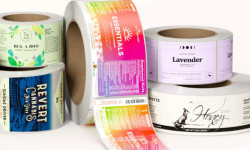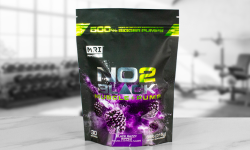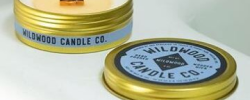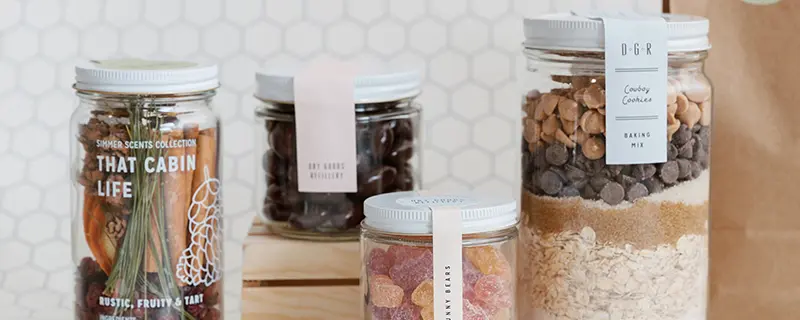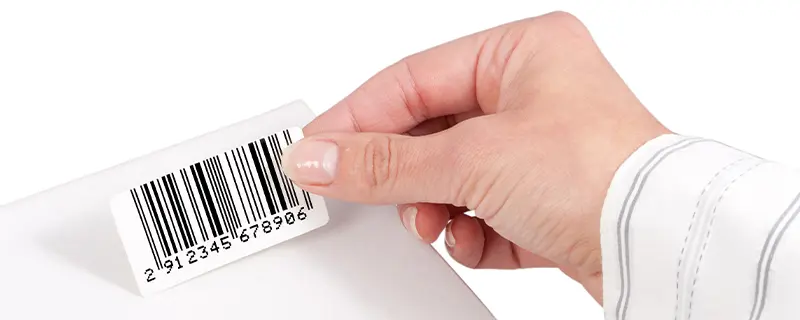Step 2: Handle Legal and Safety Requirements
Selling hot sauce legally requires registering your business, following FDA guidelines, and obtaining the necessary permits.
1. Register Your Business
- Choose a legal structure such as an LLC or sole proprietorship.
- Obtain an Employer Identification Number (EIN) if hiring employees.
2. Get the Necessary Licenses and Certifications
- Food business license – Required for selling consumable products.
- FDA registration – If selling across state lines, register with the Food and Drug Administration.
- Health department approval – A commercial kitchen or co-packer must pass inspections.
3. Understand Cottage Food Laws
Some states allow selling homemade hot sauce under cottage food laws, but restrictions may apply. Check state regulations to see where and how you can sell.
Step 3: Choose the Right Bottles and Labels
1. Select the Best Hot Sauce Bottles
Packaging affects both branding and usability. Common options include:
- Woozy bottles – The classic choice for easy pouring.
- Glass vs. plastic – Glass preserves freshness; plastic is lightweight.
- Squeeze bottles – Ideal for thicker, pulp-based hot sauces.

2. Use High-Quality Labels
Labels must be durable and meet FDA requirements.
- Custom hot sauce labels – Designed to fit various bottle sizes.
- Water-resistant labels – Protect against oil, moisture, and refrigeration.
- Bopp labels – A long-lasting option that resists smudging and peeling.
3. Include Required Label Information
Every hot sauce label should include:
- Product name
- Ingredient list
- Net weight
- Business name and contact details
- Nutrition facts (if applicable)
- Allergen warnings

Step 4: Market and Sell Your Hot Sauce
1. Build an Online Presence
Selling online allows you to reach a wider audience. Start by:
- Creating a website and online store (Shopify, Etsy, Amazon).
- Using search-friendly product descriptions with terms like custom hot sauce bottles and bopp labels.
- Promoting on Instagram, TikTok, and YouTube with engaging content.
2. Sell to Stores and Restaurants
Expand your reach by offering hot sauce to retailers and food businesses.
- Pitch your product to local grocery stores and specialty markets.
- Partner with restaurant owners and food distributors.
- Offer wholesale pricing for bulk orders.
3. Sell at Events and Farmers’ Markets
In-person events help build brand recognition. Consider:
- Selling at farmers’ markets, trade shows, and food festivals.
- Providing free samples to encourage purchases.
- Bundling different heat levels or flavors in discounted packs.
Create a Hot Sauce Brand That Stands Out
Starting a hot sauce business takes the right mix of recipe development, legal compliance, and smart marketing. Whether you're selling online or in stores, high-quality custom hot sauce labels and water-resistant labels help your brand look professional.
Need durable labels for your hot sauce bottles? Order custom hot sauce bottles here and get your brand shelf-ready.

